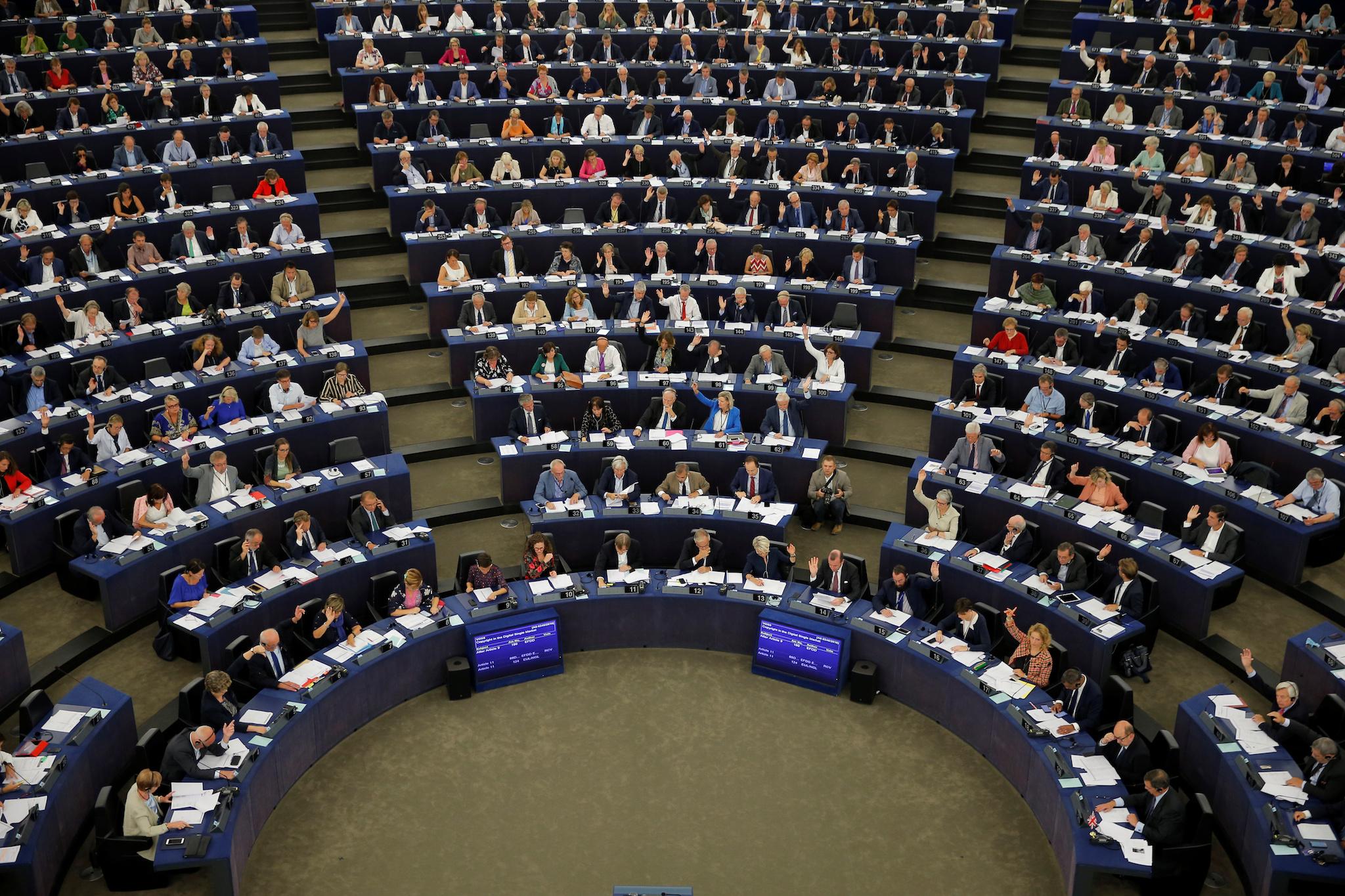What will happen to Britain’s MEPs if Brexit is delayed?
Analysis: With European Parliament elections due to be held without the UK in May, political correspondent Benjamin Kentish looks at what will happen if Britain’s exit from the EU is postponed


Brexit will see Britain withdraw from almost all of the EU’s institutions, including the European parliament, with the UK’s 73 MEPs no longer sitting in Brussels or Strasbourg when their terms end in May.
When fresh elections across the EU take place, 27 of Britain’s seats are set to be redistributed among the other EU member states. But what if Brexit is delayed?
A growing number of MPs have called for the Article 50 period to be extended to allow more time for negotiations to continue, while others want an extension so that another referendum can be held.
With parliament gridlocked and MPs likely to vote down Theresa May’s proposed deal later this month, an extension is now a real possibility. And last month the European Court of Justice ruled that the UK could unilaterally revoke Article 50, thereby delaying or stopping Brexit entirely.
What would happen to Britain’s MEPs in this scenario likely depends on the length of the extension. Both the EU and the UK have made contingency plans for Britain to elect MEPs in May 2019 if Brexit is delayed beyond that time.
A European Council text agreed last June said the UK would keep its MEPs if it is still a member of the EU at the time of the elections.
The MEPs would then step down whenever Britain leaves the bloc, and the 27 seats would be redistributed.
The agreement states that, “in the event that the United Kingdom is still a member state of the union at the beginning of the 2019-2024 parliamentary term, the number of representatives in the European parliament per member state taking up office shall be the one provided for in Article 3 of the European Council Decision” of the 2013 version of the document – in other words, the current distribution.
As a result, the UK Electoral Commission has set aside £829,000 in case it has to oversee European parliament elections in May.
The watchdog said this was “a precautionary measure, so that we have the necessary funds to deliver our functions at a European parliamentary election, in the unlikely event that they do go ahead”.
Many current MEPs are still hopeful of stopping Brexit altogether, telling The Independent they were more focused on this then on finding another job. And, as an extension looks ever more likely, it could be a while before they need to look at getting their CVs in order.
Got an unanswered question about Brexit? Send it to editor@independent.co.uk and we’ll do our best to supply an answer in our Brexit Explained series
Join our commenting forum
Join thought-provoking conversations, follow other Independent readers and see their replies
Comments
Bookmark popover
Removed from bookmarks